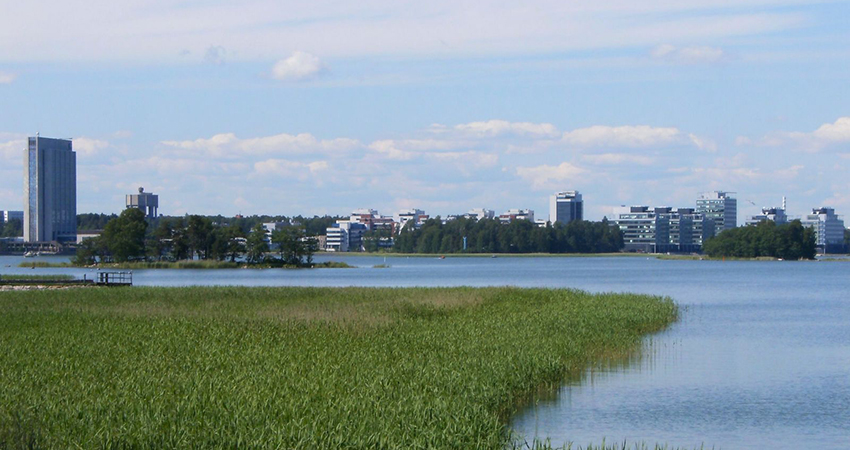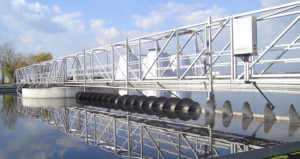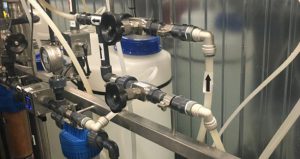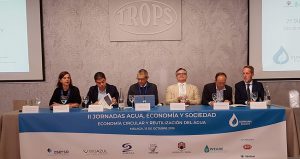EIB invests in Finnish wastewater treatment plant

- 14 July 2015
-
Editorial Team
Share article:
The construction of a Finnish wastewater treatment plant at a new location in Blominmäki, Espoo, is being financed through a 100 million euro long-term loan to the Helsinki Region Environmental Services (HSY) by the European Investment Bank (EIB). It is said that the energy efficient plant will perform to very high environmental standards and it will replace an ageing plant serving several municipalities in the Helsinki region.
According to the EIB, the partly underground waste water treatment plant is designed to treat the wastewater to standards that surpass the goals of EU urban wastewater treatment legislation and local environmental objectives. The sewage sludge will be treated and digested to produce biogas. Residual solids will be processed further into agricultural fertilisers with a high organic and nutrient content. The new treatment plant
Planning
The plant is planned to be operational at the end of 2020, and it is intended that in 2040, it will be treating the wastewater of a population of 550,000. HSY said that the underground facilities of the treatment plant could in the future treat the wastewater of over a million residents, so the new location of the treatment plant offered facilities for at least hundred years.
Investment goals
Jonathan Taylor, EIB vice president responsible for lending in Finland, said, “Support for sustainable drinking water supply services, wastewater treatment and improvement of aquatic biodiversity is one of the goals of the European Investment Bank. “We are glad to be partnering with HSY in this project, as it will significantly reduce the pollution of receiving waters by sewage, address climate risks through energy recovery, and improve conditions for the inhabitants of the Helsinki region and the Baltic Sea generally.”
Investments are necessary
In the European Union 1% of all urban wastewater is still not collected and over 6% is not sufficiently treated to meet secondary biological treatment standards. Moreover investments in many Member States are too low to reach and maintain compliance with the Urban Waste Water Treatment Directive (UWWTD) in the long term. Investments are necessary. This is the conclusion of the 10th EC-report on the implementation status concerning urban waste water treatment.















